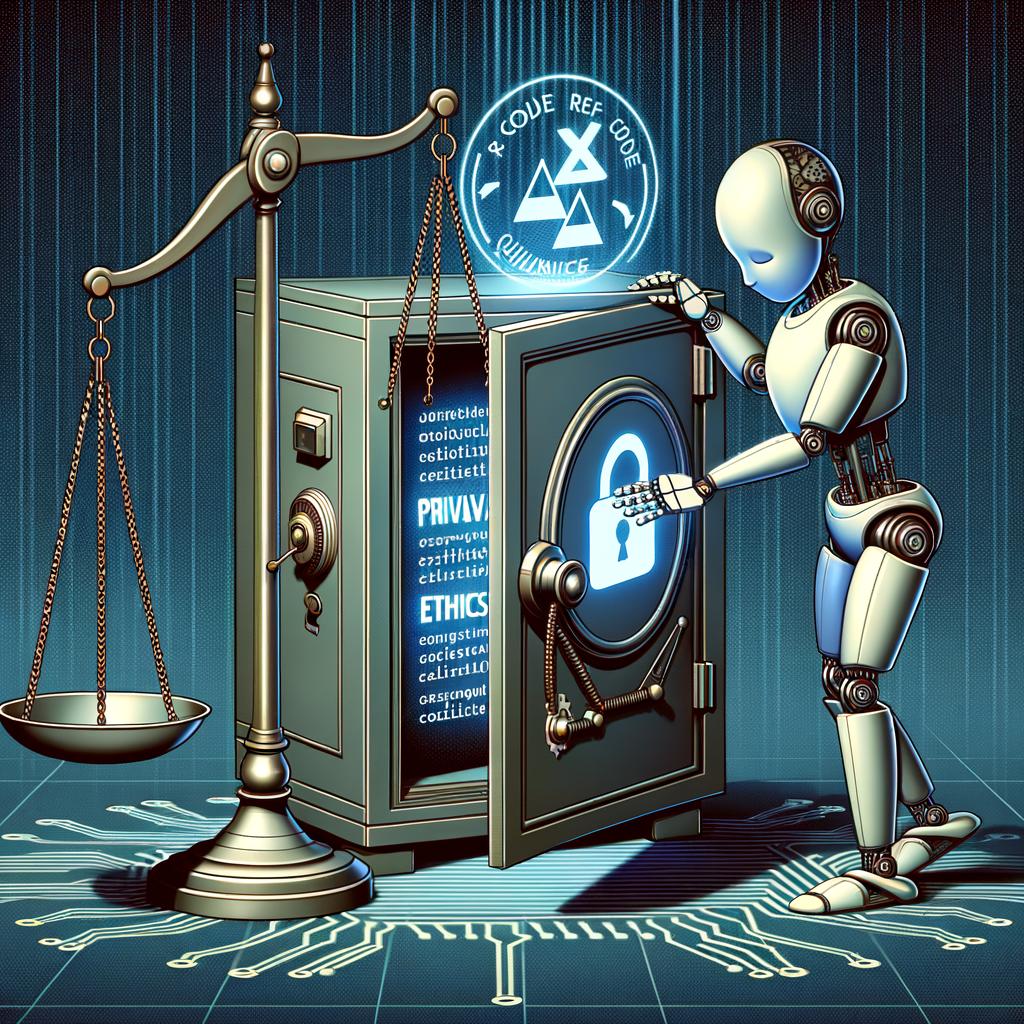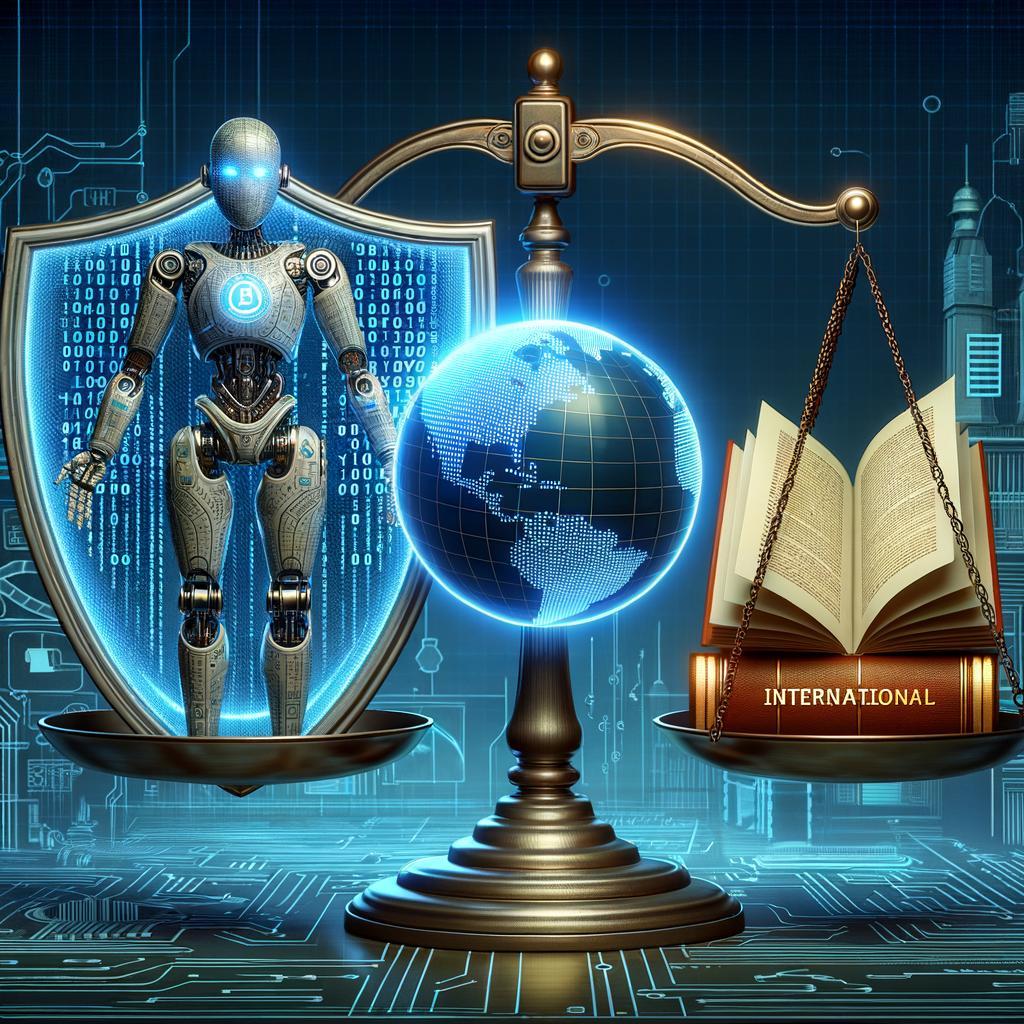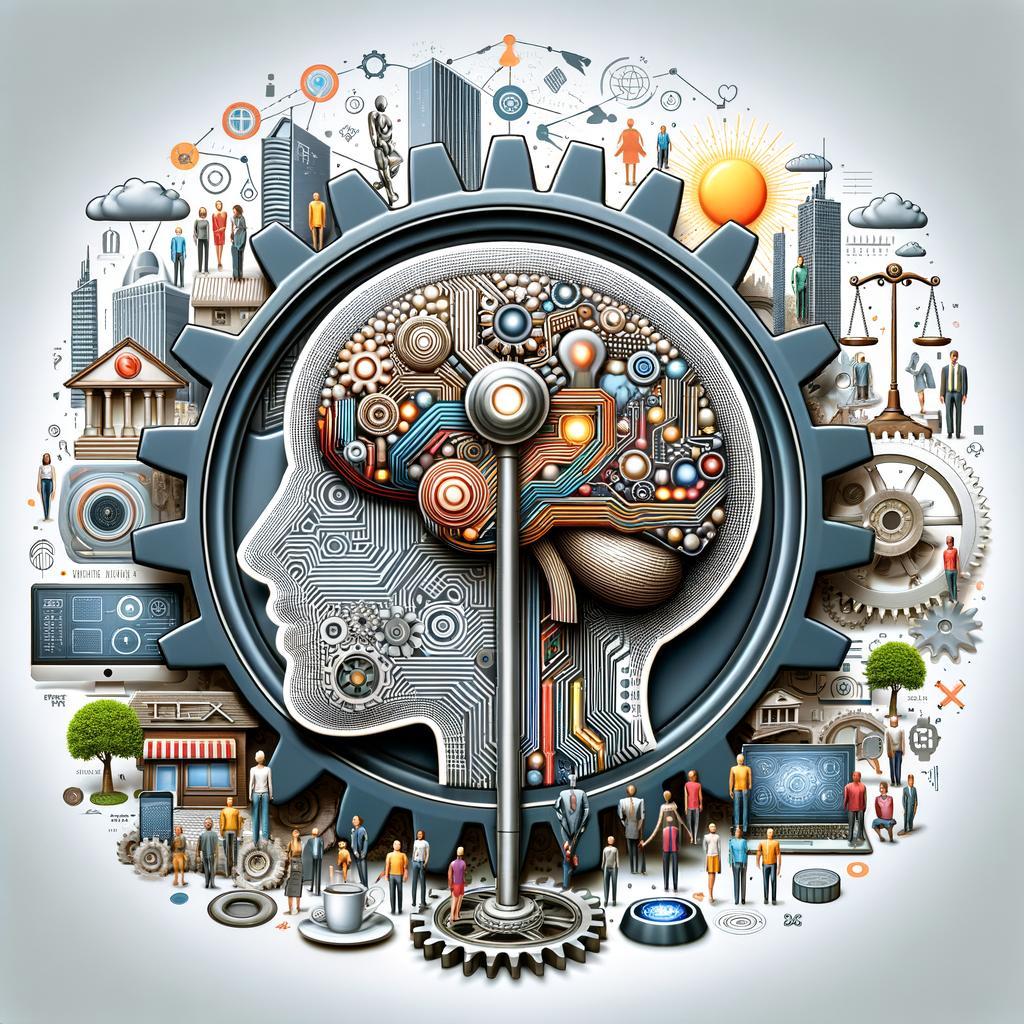As artificial intelligence continues to permeate various aspects of our lives—from personalized recommendations on streaming platforms to advanced data analytics in healthcare—its profound impact raises critical questions about privacy and ethics. While AI has the potential to enhance efficiency and foster innovation, it also poses significant risks to individual rights and societal norms. As technology evolves, so does the need for a comprehensive understanding of how AI can be harnessed not just as a tool for progress, but as a vigilant guardian of privacy and ethical standards. This article delves into the multifaceted role of AI in today’s digital landscape, exploring how it can be effectively utilized to protect personal data, uphold ethical principles, and foster a future where technology serves humanity without compromising its values. We invite you to join us on this exploration, where we will uncover the urgent need for a balanced approach that integrates cutting-edge technology with responsible practices, ensuring that the promise of AI aligns harmoniously with our fundamental rights and societal responsibilities.
As artificial intelligence continues to reshape various sectors, the confluence of AI, privacy, and ethics has become increasingly significant. Stakeholders across industries are tasked with navigating the complexities of leveraging AI while safeguarding individual privacy. This intersection demands a robust framework that emphasizes the importance of ethical practices in data protection. Organizations must adopt proactive strategies that encompass comprehensive privacy measures, transparency in algorithmic decision-making, and a commitment to fairness in AI deployment. By fostering a culture of accountability, companies can enhance public trust and demonstrate that AI can be harnessed responsibly.
Implementing ethical AI practices begins with an understanding of the data lifecycle and the implications of data usage. Key proactive strategies include:
- Privacy by Design: Integrating privacy features from the outset of any AI system development.
- Continuous Monitoring: Regularly auditing AI algorithms to ensure compliance with privacy standards.
- Data Minimization: Collecting only the necessary data to reduce exposure and risk.
- Stakeholder Engagement: Involving diverse perspectives in discussions surrounding data ethics and usage.
Moreover, organizations can leverage AI to improve privacy safeguards by utilizing automated solutions for detecting anomalies and potential breaches. By embracing such innovations, entities not only uphold ethical standards but also create a more secure data environment that respects consumer rights. In this rapidly evolving landscape, the responsibility lies with organizations to integrate ethical considerations into their core strategies, thereby reinforcing the trust of the public in AI technologies.
Insights and Conclusions
as we navigate the intricate landscape of artificial intelligence, it is imperative that we prioritize privacy and ethics in its development and deployment. The potential for AI to enhance our lives is vast, but with great power comes great responsibility. By fostering an environment where ethical guidelines are rigorously adhered to and where privacy is considered paramount, we can harness the benefits of AI while safeguarding individual rights and societal values.
Let us advocate for transparent policies and collaborative frameworks that not only protect our data but also empower individuals in this digital age. As stakeholders—whether technologists, policymakers, or citizens—it is our collective duty to ensure that AI serves as a force for good, promoting trust and safeguarding the ethical standards that define our humanity. Together, we can shape a future where innovation and integrity go hand in hand, creating a world where technology works not just for us, but alongside us. It’s time to take action and ensure that the AI revolution honors the core principles of privacy and ethics for generations to come.


